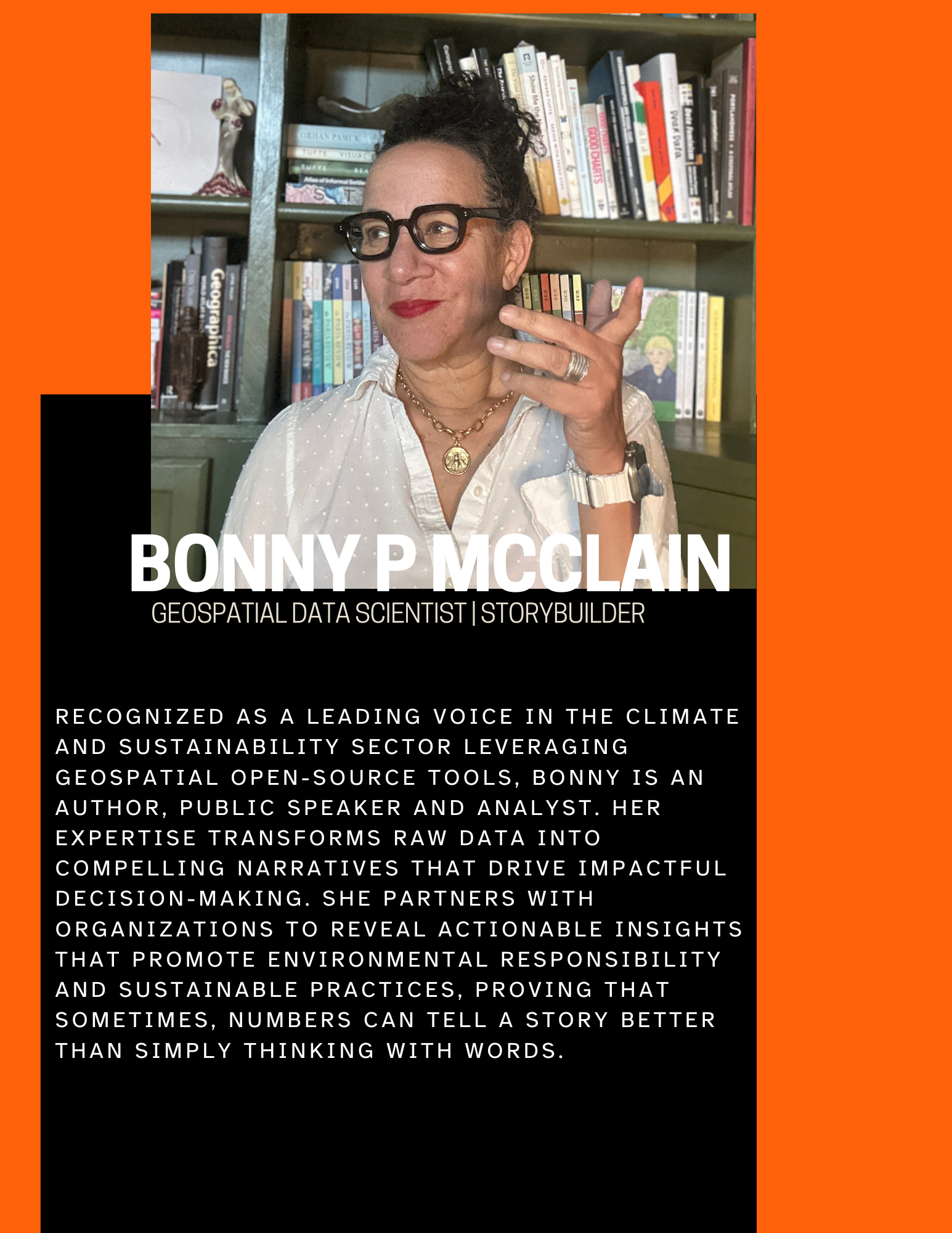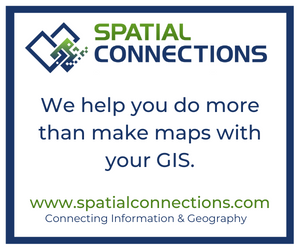 Agenda | Call for Content | Sponsors & Exhibitors | Poster & Web App Galleries | Travel Information | Registration AgendaThe Program Committee is pleased to announce the full Conference agenda is now available! With 5 concurrent sessions, daily workshops, hands-on labs, and numerous social events, we hope this years agenda has something for everyone! View the Session Schedule (Updated 10/15/25)View Session & Workshop Descriptions (Updated 10/15/25)View the Schedule at a GlanceMeet our Keynote SpeakerILGISA is excited to announce the Keynote Speaker for the 2025 Annual Conference will be geospatial data scientist, storybuilder and author, Bonny McClain! Bonny will present on October 20th during lunch.
|






